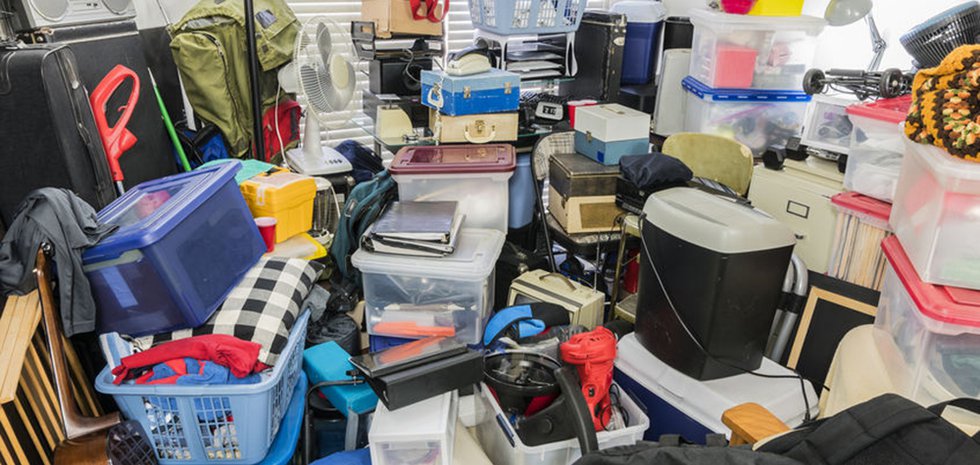
While there may be television shows dedicated to hoarding, and most of us are familiar with the term, fewer of us are actually familiar with what justifies actual “hoarding”. After all, what’s the difference between innocently putting a few things in storage, and being a full-blown hoarder?
The difference is hoarding is so much more than just living in a cluttered space. Hoarding is an addiction and dependence on physical belongings that can bring someone’s entire life to a halt. In extreme hoarding cases, hoarding can even be dangerous as it poses a hygiene risk, as well as fire risks.
If you have a loved one who you think may have a hoarding problem, here are some of the best tips for supporting them and helping them find a solution.
Be Compassionate
Before you hire a cleanup crew to come in and take away all of their junk, consider approaching the situation with compassion and empathy. Remember, hoarding is linked to emotional trauma like anxiety or depression. The reason that these people are hoarding is because they truly believe that their well-being depends on it.
Avoid judging them or making them feel like there’s something wrong with them. They truly can’t control their actions at this point, and approaching them with a judgmental attitude won’t do them any good. The best thing you can do is listen and try to understand why they do what they do. Then, you can start moving towards solutions.
Educate Yourself
Any time you’re dealing with a disorder, it helps to educate yourself as much as possible. Get to know the science behind it, and what the statistics are. Get to know what the potential causes are, and educate yourself on what other people’s individual experiences are. By putting yourself in the shoes of hoarders, you can better understand why they do what they do.
Read books, talk to people who live with hoarding disorder, and arm yourself with as much knowledge as possible. The more you can do that, the more equipped you’ll be to handle the situation.
Practice Self Care
Supporting someone who has hoarding tendencies can be downright exhausting. Knowing this before you get into it will help you stay calm and under control. Don’t forget that in addition to supporting your loved one, you have to also support yourself. Practice self-care and compassion, and get the support you need as a caregiver.
The more you can take care of your own needs, the more equipped you’ll be to be strong for your loved one going through a hard time. Remember, if you are running on empty, then you can’t expect to be able to help anyone else.


Leave a Reply